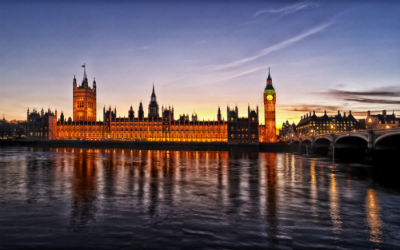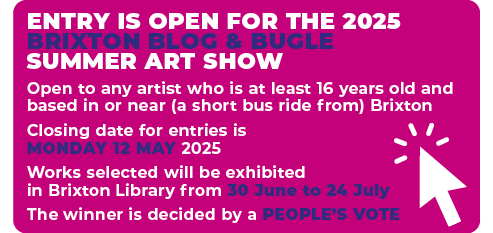This article by our Features Editor Luke Massey was originally posted on Huffington Post here.
As I sat enthralled by the scandal-fuelled circus of the Leveson Inquiry last year: there was never a moment when I thought I might be directly impacted by it.
There was a time when Brixton Blog – which I’m the features editor for – was a ‘single blogger’ enterprise. It grew, supported by the local community and a team of committed writers, and now has a host of contributo

Now the question has a different meaning. If we are a ‘relevant publisher’ then we could be subject to ‘exemplary [punitive] damages’ if we don’t sign up to the new regulatory body and subsequently face complaints. It’s even been suggested
that this could be in contravention of the European Convention on Human Rights, which enshrines freedom of expression.
Under questioning in the House of Commons, the culture secretary Maria Miller, said that a ‘relevant publisher’ would have to meet “three tests of whether the publication is publishing news-related material in the course of a business, whether their material is written by a range of authors – this would exclude a one-man band or a single blogger – and whether that material is subject to editorial control”.
This is obviously concerning for a publisher on our scale. Miller has said that the rules have been drawn up in order to protect ‘small-scale bloggers’ – but how small is small?
The fact that the Leveson Inquiry was never designed – nor, it seems to me, equipped – to give recommendations relating to bloggers, has not helped the confusion. And it seems bizarre that the same rules can apply to international, corporate, media outlets as to our hyperlocal journalism – where we don’t take a wage and have to work hard just to make it a sustainable enterprise.
Even more concerning is how this could affect those who might want to write about their area, build up a community-base of followers and contributors and develop from being a “one-man band or a single blogger”, in Miller’s words, to being a community blog. This is the kind of thing we should be championing – not scaring people away from.
The Leveson Inquiry provided a fascinating, if voyeuristic, catharsis for all those appalled by the excesses of media intrusion into people’s lives – most notably the phone-hacking scandals of celebrities and other members of the public. But the resulting press regulation has thrown up a lot of questions – and confusion – over who exactly is to be regulated.
Of course we don’t expect to be falling into any heinous journalistic practices any time soon – but we feel that the government could be much clearer on how exactly blogs like ours will be affected by the regulatory body.
One sigh of relief – for us at least – came from Miller’s statement that “not-for-profit community newspapers” will not be subject to the rules. That provides some succour with regard to our print paper – Brixton Bugle – which we launched last year and distribute freely every month.
But common-sense should surely dictate that given the overlaps between our online and print publications – in terms of content, staff and finances – both should be treated the same under the eyes of any regulatory body.
Failing to do so not only demonstrates a poor comprehension of the make-up of online news sources, but, put simply, seems arbitrary and wrong.

